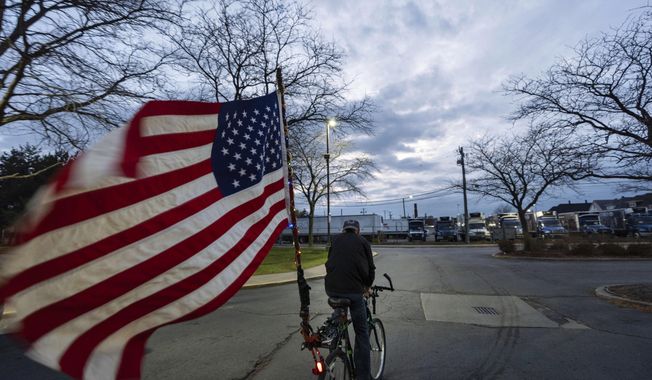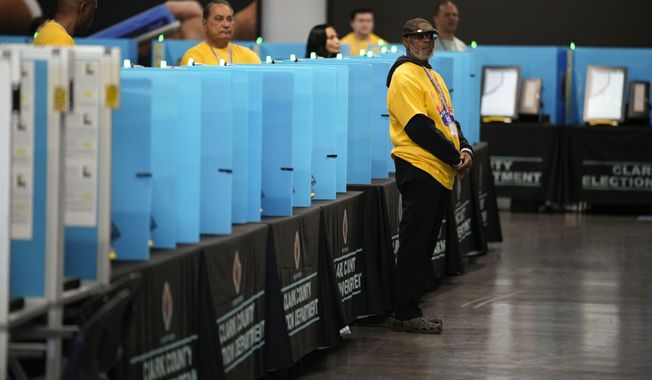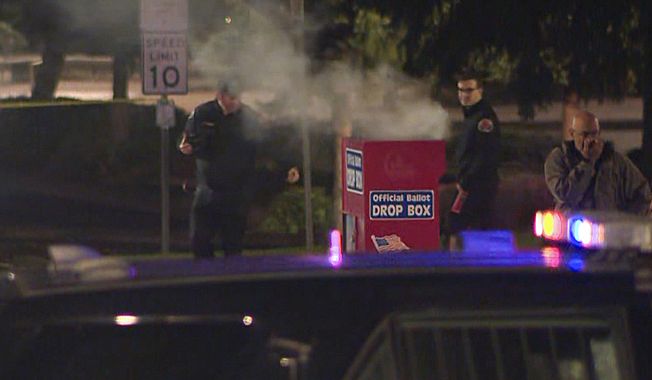
FILE - In this Jan. 7, 2011 file picture people pass a market stall with eggs at a farmers market in Berlin. German authorities have allowed most of the 4,700 farms that were closed after dioxin-contaminated livestock feed was found to reopen, an agriculture ministry spokesman said Monday Jan. 10, 2011. "The situation has eased ... but there can't be an all-clear yet," Holger Eichele said, adding that 1,635 farms were still closed as of Monday. Almost 500 dairy farms are also again being allowed to sell their products, and Slovakia has decided against banning German farm products, Eichele said. South Korea last week decided to ban the sale of some German farm products, and supermarkets in Britain withdrew quiches and cakes made with German eggs from their shelves. (AP Photo/Markus Schreiber)
Featured Photo Galleries














